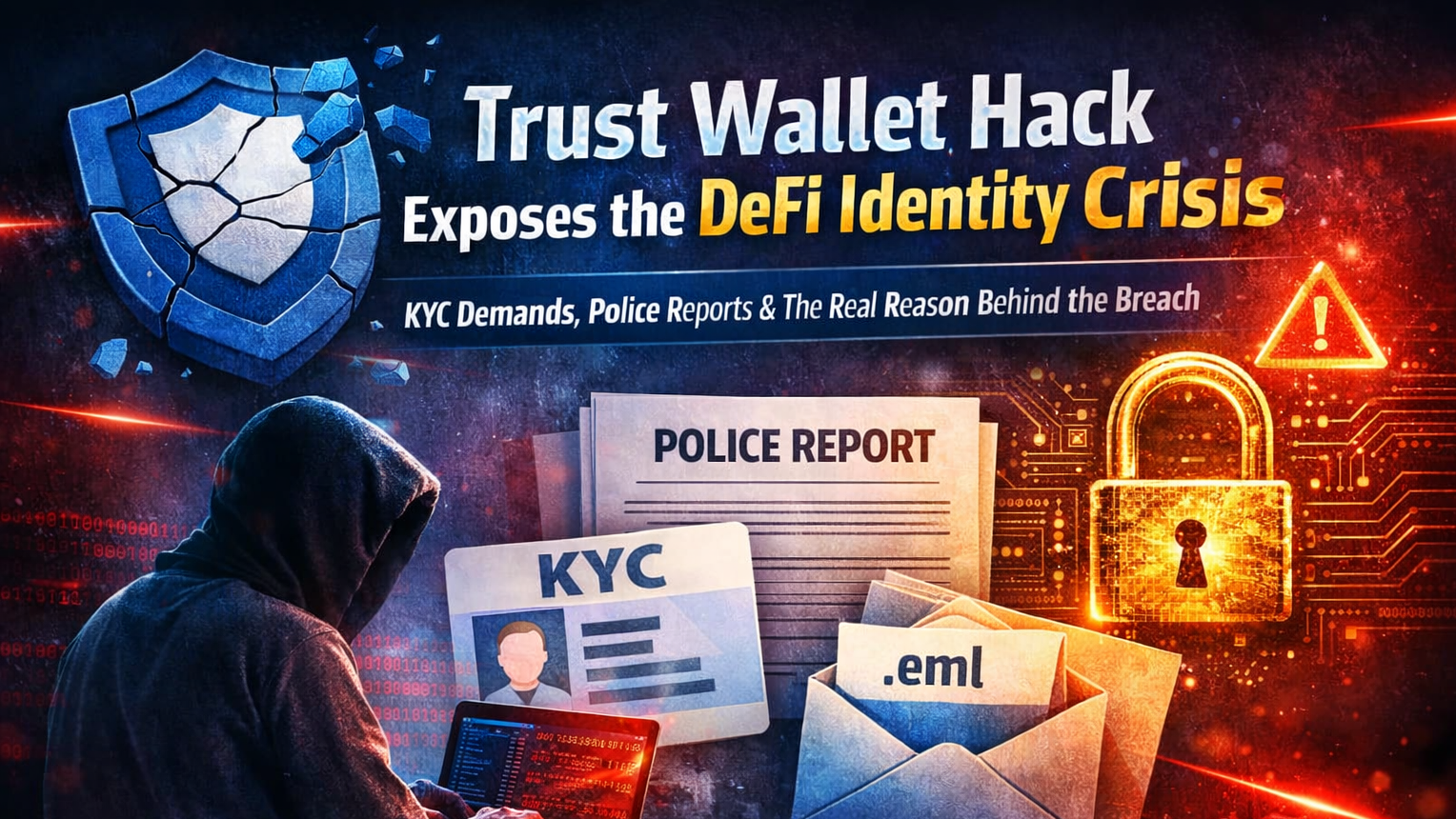How Real Estate Tokenization is the Future of Investing ?
The Real Estate sector is changing rapidly and going through a digital transformation. Blockchain technology changes the whole scenario with real estate tokenization. This reshapes the entire process of buying and selling on various
real estate tokenization platform for fractional ownership. These platforms have great potential to enhance transparency, increase liquidity, and provide access to property investment.
With blockchain, we easily convert the real estate value into digital tokens. It authorizes investors to buy or sell small portions with fractional ownership. This helps the real estate market to grow more rapidly and gives access to investors to purchase the property with less capital.
What is Real Estate Tokenization?
Real estate tokenization allows numerous investors to purchase property. It describes converting real-world property ownership on blockchain into digital tokens. Here the token shows the fractional assets share. This process is translated on the blockchain networks, and tokens are stored automatically.
It also offers an unchangeable ownership record and is decentralized. In this process, properties are divided into smaller and tradable units. It is similar to partial company ownership. Investors easily buy and sell these tokens, which also increases the liquidity in real estate.
Advantages of Real Estate Tokenization
There are various benefits of real estate tokenization over the investment approach of traditional property. Let’s check.
Fractional Ownership
In tokenization, investors can easily buy a small portion or fraction of the property which has a lower entry barrier.
Liquidity
Tokenization allows property token trading in secondary markets, thereby enhancing liquidity.
Transparency
Buyers or sellers always prefer transparency in real estate. Blockchain is the best because of its tamper-proof ledger and security. It provides auditable ownership records and transactions.
Global Access
Tokenized real estate offers the opportunity for global investors to invest in these assets without geographical boundaries.
Efficiency
Efficiency always matters in real estate tokenization, which also eliminates the need for notaries, lawyers, or brokers. Smart contracts make the real estate process automated from the transfer of ownership to dividend payments.
How Does Real Estate Tokenization Work?
Multiple stakeholders and steps are involved in tokenization, such as financial, technical, and legal processes.
Asset Selection
You can choose any type of physical real estate asset as industrial, commercial, or residential for tokenization. After this, it goes through due diligence and undergoes valuation.
Legal Structuring
It is also crucial to follow the local regulations for tokenization of real estate, such as a legal entity Special Purpose Vehicle or SPV. It is also imperative for token holders to share in this entity that helps in simplifying ownership and governance.
Token Creation
As we know the real estate assets are created on blockchain so digital tokens show their share. Smart contracts are programmed with these tokens to specify rules such as dividends, rights, and transfer restrictions.
Token Offering
A Security Token Offering (STO) is the approach for investors to offer tokens. These offerings include public or private and it also depends on jurisdictional rules.
Trading and Management
When tokens are issued, it is compliant with trading on exchanges or secondary markets. As a result, investors receive rental income or profits from the proportionate part of their token holdings or asset appreciation.
Challenges and Risks of Real Estate Tokenization
Real estate tokenization is promptly developing, but it also has its challenges and risks. Let’s check out:
Regulatory Uncertainty
Every country has different security laws, so it is challenging to comply with multiple jurisdictions. It is also complex and costly.
Market Adoption
The tokenized real estate market is growing and developing, so it is crucial to educate investors and enhance trust.
Technology Risks
Blockchain is a secure technology, but it has a few risks as well. Sometimes there are hacking risks or bugs in smart contracts, so it is needed to manage them carefully.
Liquidity Limitations
There are also liquidity issues in real estate tokenized assets. It happens especially on early-stage platforms with moderate trading volumes.
What Are Real Estate Tokenization Platforms?
In the real estate industry, tokenization platforms deliver the technological infrastructure. It promotes service assets and tools for issuing, creating, and managing real estate tokenization. These platforms come with many features that make them popular for real estate investment.
Token Issuance and Management
These token platforms help asset owners and real estate developers create real-world properties with digital tokens. It also helps in managing smart contracts, tokenomics, and integration with different blockchain networks such as private blockchain, Ethereum, and Polygon.
Regulatory Compliance Tools
These platforms also help to make financial regulations, investor accreditation checks, and complete identity verification.
Digital Wallets and Custody
In tokenized real estate, investors require digital wallets to hold tokens. The use of these platforms ensures asset security and also integrates wallets.
Data and Reporting
Token holders can quickly track their asset performance or rental yields by using reporting and dashboard tools.
Digital Doors to Real Estate Investment
Real estate tokenization for global investors is changing this sector quickly, and many investors can now invest in these digital assets with less money. It is easy for small or big investors to buy or sell any type of property digitally. The real estate tokenization platform acts as a bridge between traditional real estate and the decentralized market. It makes fractional real estate investing simple and modern.


